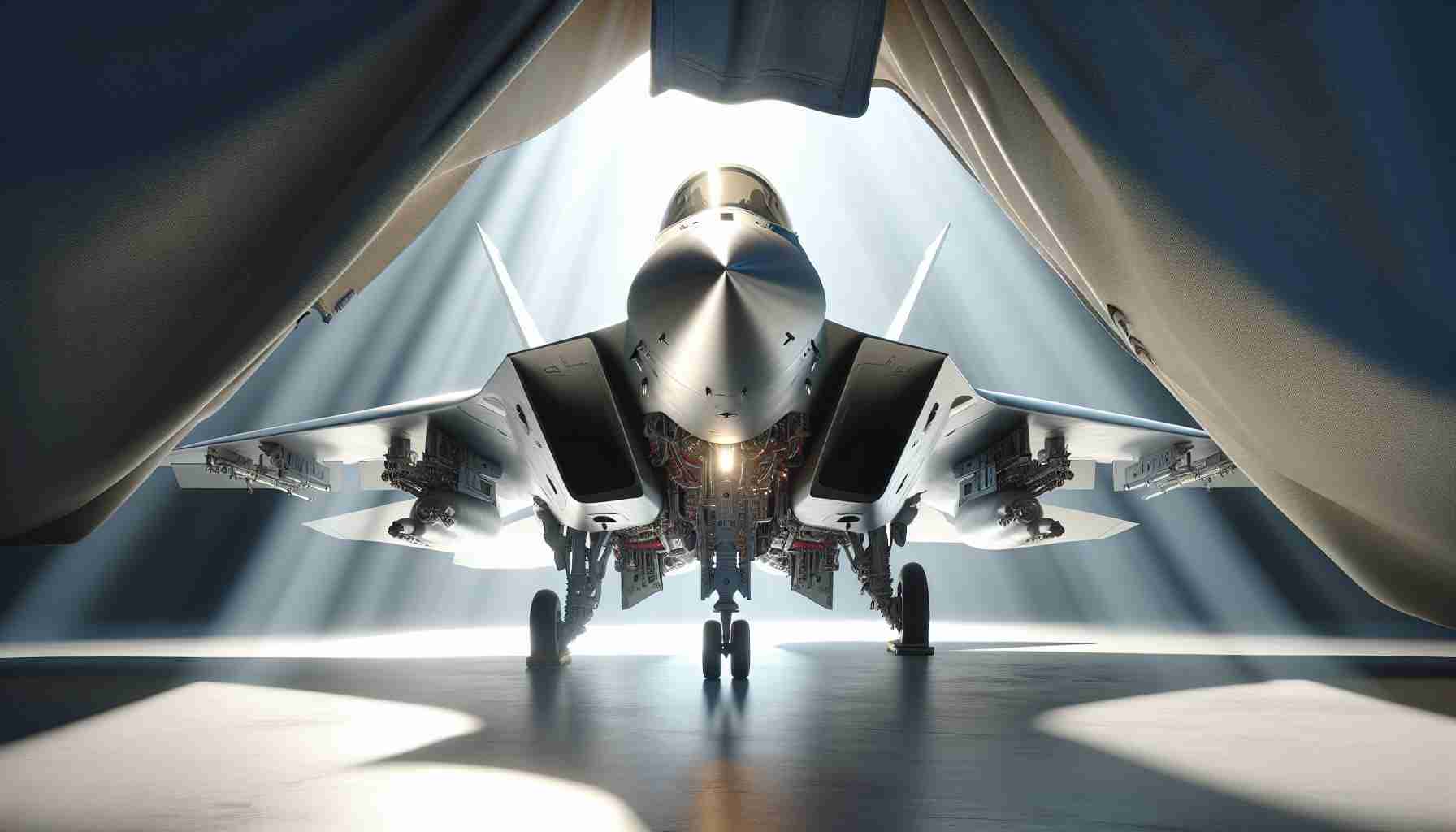Japan, Britain, and Italy are exploring bold avenues for their groundbreaking fighter jet project. With ambitions set on completing the first jet by 2035, these nations are considering an intriguing addition to their team—Saudi Arabia. The involvement of this financial powerhouse could bring a new dynamic to the collaboration.
The initiative, named the Global Combat Air Program, was announced in December 2022 as a response to growing security challenges worldwide, including tensions in the Indo-Pacific and ongoing conflicts in Eastern Europe. Saudi Arabia’s potential addition to the project comes with the offer of substantial financial backing and promises of further investments into engineering support, particularly catering to the development of its own defense sector.
However, integrating Saudi Arabia into this highly technical venture isn’t without complications. Concerns have been raised among some leaders of the original trio regarding cybersecurity, technological dependency, and cultural alignments. These factors mean that Saudi Arabia might not achieve equal partner status within the consortium.
The project leaders, including Japanese Prime Minister Shigeru Ishiba, British Prime Minister Keir Starmer, and Italian Prime Minister Giorgia Meloni, recently renewed their dedication to the shared vision at a notable international gathering in Brazil. They shared aspirations of widening their network by involving more global partners, setting the stage for a potentially influential addition.
Prominent companies, such as Japan’s Mitsubishi Heavy Industries, Britain’s BAE Systems, and Italy’s Leonardo, are poised to spearhead this ambitious venture. The world watches closely as these nations navigate partnership expansions amidst evolving political landscapes.
How a Saudi Entry into the Global Combat Air Program Could Reshape Future Tech
The collaboration between Japan, Britain, and Italy to develop a groundbreaking fighter jet, scheduled for debut by 2035, has already caught the world’s attention. But with Saudi Arabia’s potential entry into this consortium, there’s more at play that could influence the overall direction of technological advancement and global dynamics. Let’s explore fresh insights and implications this move might have on humanity and new technologies.
What Could Saudi Arabia Bring to the Table?
Saudi Arabia’s entry into the Global Combat Air Program could inject substantial financial resources crucial for fast-tracking research and development phases. With its vast oil wealth, Saudi Arabia’s financial support could enable access to cutting-edge materials and innovative engineering practices, fostering breakthroughs not only in aviation but also in related technologies perhaps affecting even sectors like renewable energy and data systems.
Influencing the Defense Landscape
Saudi Arabia has been actively fortifying its defense sector division, with intentions of becoming a global defense player. Its participation could bring new innovations in avionics, radar systems, and artificial intelligence-driven piloting systems. These enhancements might trickle down to civilian aerospace engineering, benefiting broader society with safer, more efficient commercial flight systems.
Concerns and Controversies
However, integrating Saudi Arabia raises concerns over cybersecurity risks and technological dependencies. The intricacies involved in sharing sensitive tech information could lead to vulnerabilities that adversaries might exploit. Could this partnership inadvertently create backdoors for cyber interference? Moreover, do differing cultural and policy priorities affect collaborative governance?
The Geopolitical Chessboard
Saudi Arabia’s involvement also has larger geopolitical implications. It may alter the strategic alliances in regions where these technologies would be deployed, impacting international peace efforts and military strategies. There’s a balancing act between enhancing cooperative relationships and managing regional power dynamics.
Advantages and Disadvantages
Advantages of this collaboration include increased funding and potentially expediting development schedules, leading to quicker deployment of advanced technology platforms. Additionally, the inclusion of Saudi expertise could diversify the knowledge base in the program, introducing new perspectives and techniques.
Conversely, disadvantages hinge on concerns about ensuring equitable technological innovation among partners and managing the geopolitical complexities of such an alliance. Who leads, and who follows? Do the original members risk losing some strategic control?
What Lies Ahead?
Will Saudi Arabia gain equal partner status in the consortium, or will it remain an adjunct supporter? How might this influence the technology transfer agreements, intellectual property rights, and open innovation strategies among the involved countries? These questions remain to be answered as developments unfold.
In conclusion, the potential inclusion of Saudi Arabia in the Global Combat Air Program presents both enticing opportunities and significant challenges. As this collaboration evolves, its impact could extend well beyond military scope, affecting global technology trends and political landscapes.
For more on defense partnerships and international innovations, visit BAE Systems and Mitsubishi Heavy Industries.







